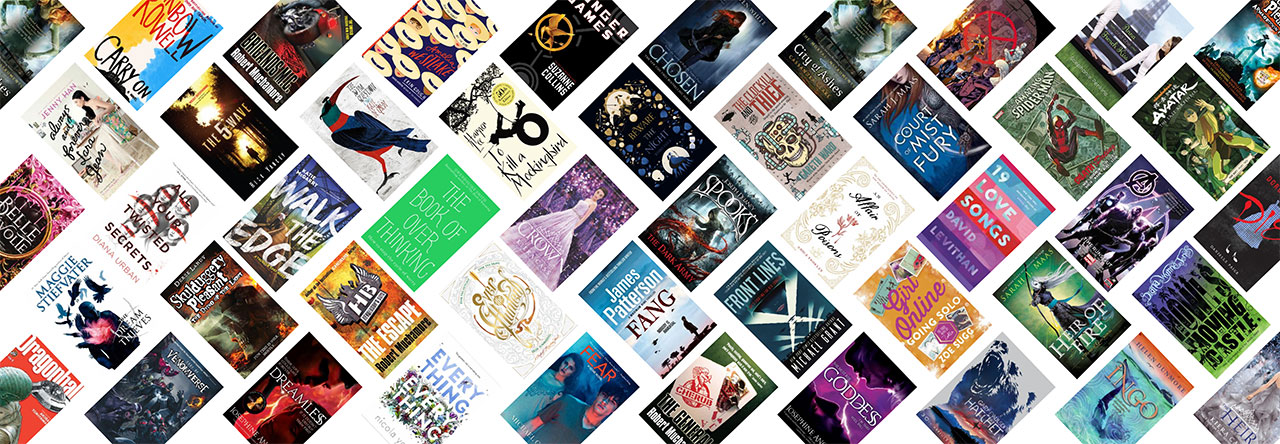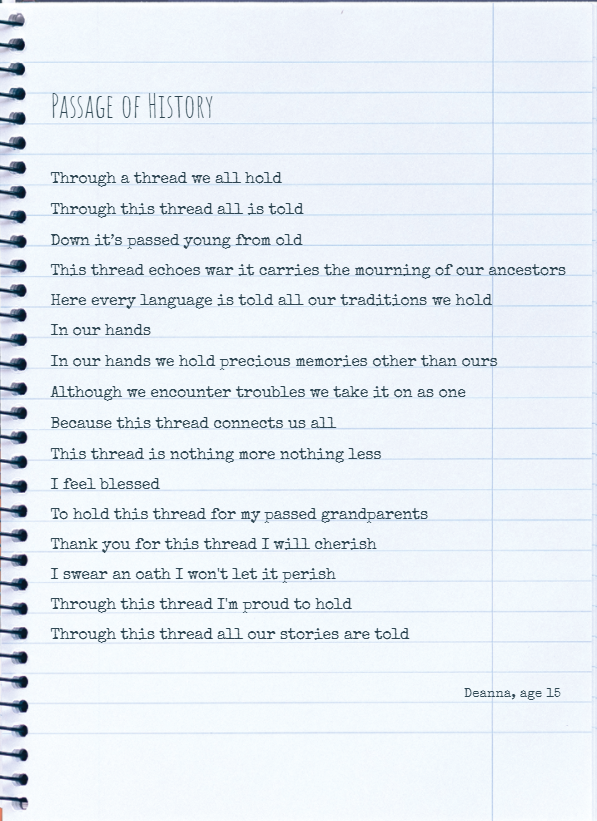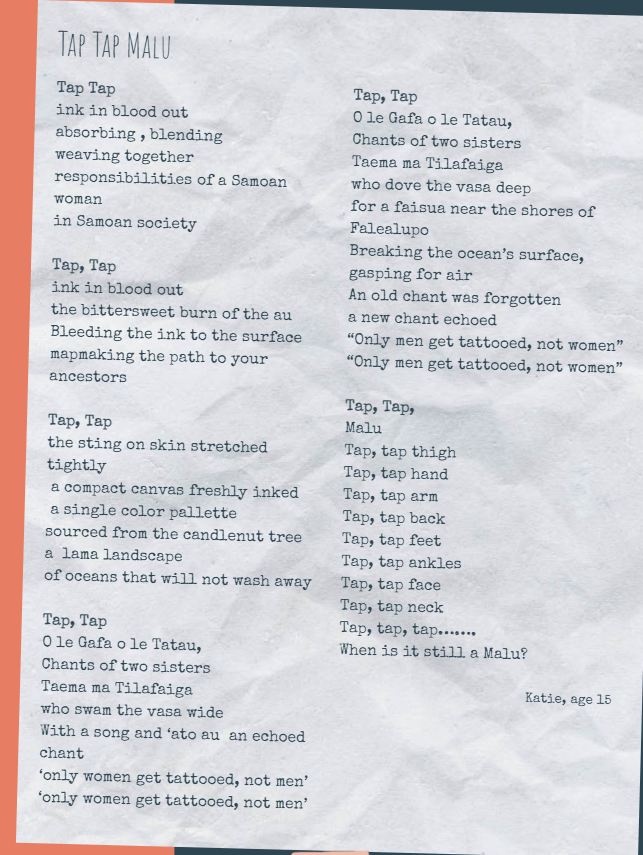It is now officially the 2020 Out On The Shelves campaign week! All around the country, libraries, bookstores, schools and other organisations are putting on displays and events to celebrate LGBTQIA+ stories, and to help connect rainbow people to those stories and to each other.
Rejoice, for this year Campaign Week is not one week, but two, from 17 — 30 August. And there’s all kinds of things you can do! You can participate in the Rainbow Writing Competition — your writing could be featured in the Rainbow Zine, and you could be in to win some sweet book voucher prizes, courtesy of the Women’s Book Shop! You could head into one of our libraries, enjoy one of our Out On The Shelves displays, and pick yourself up some excellent reading material from our collection. If you’re more e-inclined, or not super keen on leaving the house, you could visit our LGBTQIA+ Reading Room on OverDrive, or learn about your rainbow history in the Archives of Sexuality and Gender, which WCL was the first public library in the world to provide full access to. Once you’ve done all that, don’t forget to tell us what you think of what you’ve read by writing a review and submitting it to the good folks at Out On The Shelves.
Keep an eye out for more Out On The Shelves content hitting this blog and your local library. Soon we’ll be posting some gorgeous photos of our libraries getting dressed up all fancy and colourful to celebrate Out On The Shelves along with you — sometimes our shelves can be quite bashful; not so during Campaign Week! For now, though, here are some of our favourite rainbow titles from our collections to whet your appetite:
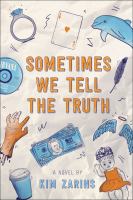 Sometimes we tell the truth : a novel / Zarins, Kim
Sometimes we tell the truth : a novel / Zarins, Kim
{reps: intersex}
{content warnings: sexual assault, ptsd}
Look, we’re suckers for contemporary re-imaginings of classic literature. Some might say it’s the reason we got into this business. So this re-telling of Chaucer’s Canterbury Tales is as fun as it is compelling and moving. It’s the kind of book that gets you to think about the stories we tell, not just to others, but even to ourselves, and the ways in which those stories themselves can sometimes assume the structure of a fiction. At the moment, we only hold this book in our vast Central collection at the Te Pātaka Collection Distribution Warehouse, so reserve it now to get sent to the branch of your choosing!
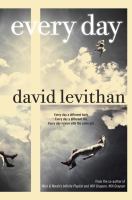 Every day / Levithan, David
Every day / Levithan, David
{reps: non-binary}
{content warnings: violence, substance abuse, dysmorphia}
Surely every queer person remembers what it was like the first time they read a David Levithan novel. His works (including Two Boys Kissing, Boy Meets Boy, Will Grayson, Will Grayson) are now so central to the LGBTQIA+ canon that it’s hard to imagine the landscape of contemporary fiction without him. Every Day is one of his most interesting stories. You’ll meet A, a mysterious being that each day inhabits a new body, a new life. Every day they need to become accustomed to a new way of living, a new set of relationships, learning and re-learning over and over again how to be. A’s conception of their own gender identity, sexuality, and indeed personhood is mutable, changeable, flexible as it needs to be. Strong though they are, it is truly their inner voice that is most compelling and relatable as they play through all of the narratives of confusion, defiance, frustration, love, dysmorphia, terror, and acceptance that will be so familiar to so many in our rainbow community. Trust us, and give this a read — you won’t regret it.
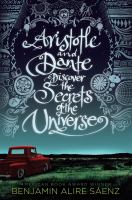 Aristotle and Dante discover the secrets of the universe / Sáenz, Benjamin Alire
Aristotle and Dante discover the secrets of the universe / Sáenz, Benjamin Alire
{reps: gay}
{content warnings: discrimination, violence}
We know, we know, this isn’t the first time we’ve highlighted this gem of a novel on this very platform. We’re sorry, but we can’t help but trumpet the importance of this book every time we have the opportunity! Sáenz’s extremely spare, almost poetic, prose sets out in pointillistic detail the agony and anticipation of leaving childhood behind and moving on to somewhere new. At times surreal, but always searing straight through to the heart (yours, mine, the characters’), this story picks you up and never lets you go until what we would class as one of the most perfect endings to a YA novel in recent memory. Even then, it doesn’t truly let you go. Ever. He has a way of setting out the most expansive ideas in the most devastatingly simple of words. Read a segment below to get a sense of what we mean:
There was a tear running down his cheek. It seemed like a river in the light of the setting sun.
I wondered what it was like, to be the kind of guy that cried over the death of a bird.
I waved bye. He waved bye back.
As I walked home, I thought about birds and the meaning of their existence. Dante had an answer. I didn’t. I didn’t have any idea as to why birds existed. I’d never even asked myself the question.
Dante’s answer made sense to me. If we studied birds, maybe we could learn to be free. I think that’s what he was saying. I had a philosopher’s name. What was my answer? Why didn’t I have an answer?
And why was it that some guys had tears in them and some had no tears at all? Different boys lived by different rules.
When I got home, I sat on my front porch.
I watched the sun set.
— Benjamin Alire Sáenz, Aristotle and Dante Discover the Secrets of the Universe. Simon and Schuster (2012).
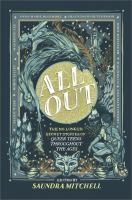 All out: the no-longer-secret stories of queer teens throughout the ages / Mitchell, Saundra (ed.)
All out: the no-longer-secret stories of queer teens throughout the ages / Mitchell, Saundra (ed.)
{reps: lesbian, trans*, asexual, gay}
content warnings: violence, discrimination}
This gorgeous collection of historical short stories is like the perfect fiction companion to Sarah Prager’s biography collection Queer, there, and everywhere: 23 people who changed the world. Oftentimes historical fiction containing LGBTQIA+ representations focusses on the difficulties of life for queer people ‘back in the day,’ or worse, just contains tokenistic references to queer people. This collection is not that. The stories, while they are mostly* accurate portrayals of their respective eras, feel more authentic, the depictions of the characters and their surroundings crystallised through the patented queer lens. The characters are without exception deftly sketched, their circumstances relatable, their relationships real, and their experiences — adventures, first loves, heartbreaks, self-discoveries — speak to a broad universality in queer experience while acknowledging the singularity of each individual’s lived reality. The stories collectively stand and say “Hey, we were here too! We were real, and we lived and loved and ate and cried and went to work and participated in history, just as everyone else did!” And that, friends, is exactly what good fiction should do.

